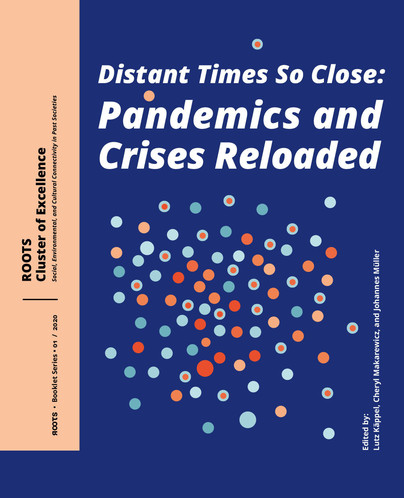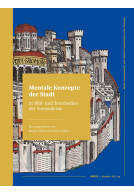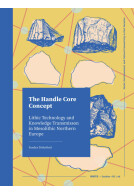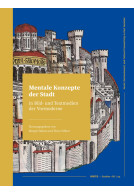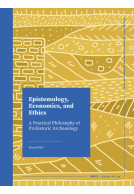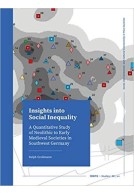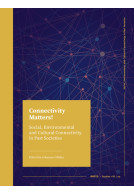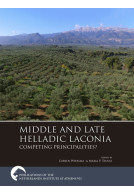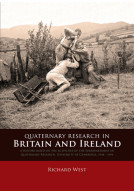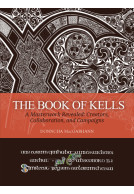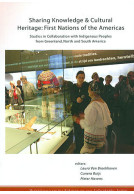Google Books previews are unavailable because you have chosen to turn off third party cookies for enhanced content. Visit our cookies page to review your cookie settings.
Distant Times So Close: Pandemics and Crises Reloaded (Paperback)
Imprint: Sidestone Press
Series: ROOTS Booklet Series
Pages: 200
Illustrations: 31fc/3bw
ISBN: 9789088909696
Published: 24th September 2020
Script Academic & Professional
Series: ROOTS Booklet Series
Pages: 200
Illustrations: 31fc/3bw
ISBN: 9789088909696
Published: 24th September 2020
Script Academic & Professional
You'll be £17.50 closer to your next £10.00 credit when you purchase Distant Times So Close: Pandemics and Crises Reloaded. What's this?
+£4.99 UK Delivery or free UK delivery if order is over £40
(click here for international delivery rates)
Order within the next 10 hours, 5 minutes to get your order processed the next working day!
Need a currency converter? Check XE.com for live rates
(click here for international delivery rates)
Order within the next 10 hours, 5 minutes to get your order processed the next working day!
Need a currency converter? Check XE.com for live rates
Archaeology is all about how the present came into existence. Thus, it contributes to the social understanding of crises, including present and potential future adversities. Even diseases, such as pandemics in past societies, were and are observed by archaeology. Some examples can be found in this booklet. The scientists of the Kiel Cluster of Excellence ROOTS describe human reactions in past societies that were organized quite differently from ours. This is precisely why it is possible to identify the basic features of human behaviour for the management of crises.
From the emergence of agriculture more than 10,000 years ago to the Russian colonisation of Siberia a few hundred years ago, a fundamental pattern is becoming apparent: crises, including those caused by disease, can only be managed by increasing diversity. Acceptance of diversity, the introduction of new technologies and socially responsible action have always led to the mastering of crises.
It is also clear that values can only be preserved or updated in crises through active involvement. For example, scientists describe that when people are passive, other social groups can easily bind power to themselves, whereas when people actively participate, more democratic structures can develop even in crisis scenarios.
This is the message that we take with us from the past: whether as a forager or as a simple farmer in earliest agricultural societies, in ancient Greece or in an early modern society – diversity and social commitment are the components that help us to overcome crises. Learning from the past for the present – that is the task of international archaeology.
Other titles in the series...
Other titles in Sidestone Press...







